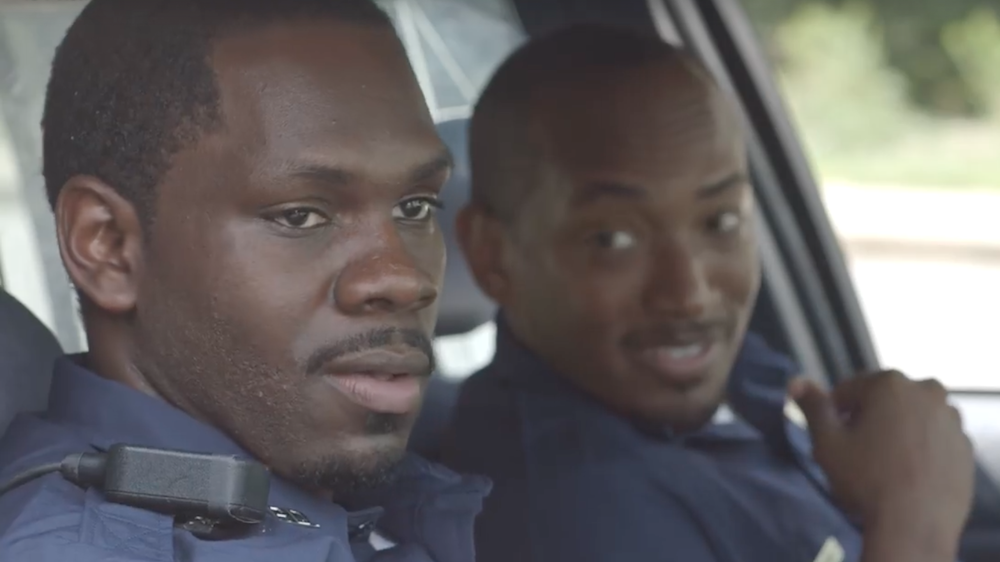If you’re interested in sharing your opinion on any cultural, political or personal topic, create an account here and check out our how-to post to learn more.
____
“Negroes, sweet and docile … Meek, humble, and kind. Beware the day. They change their minds!"
— Langston Hughes
I visited Minneapolis, Minnesota, for a conference in November 2019. It was cold and snowing while I was there, but I remember feeling like the city itself was warm. The people were friendly, honestly. With that being said, I am still not surprised at the incident — no, make that murder — that has taken place. Why? Because this is America and being a Black person in America, I don't truly feel safe anywhere.
George Floyd died because a Minneapolis police officer sat on his neck and killed him. He was pinned down by multiple officers and he stated that he couldn't breathe. He could not take air into his lungs and then expel it. Can you imagine that? He didn't have an asthma attack. He didn't suffer from COVID-19. He was physically prevented from breathing by someone who vowed to "protect and serve.”
So, do I blame the citizens of Minneapolis for expressing their hurt and anger? For the civil unrest that is currently taking place? Absolutely not. Though I am a proponent of peaceful protests, I still understand. And if you are Black in America, I am willing to bet you fully understand as well.
“You can’t understand someone until you’ve walked a mile in their shoes."
For my non-African American friends and family, try to put yourselves in our shoes. It was June 4, 2016. My friend and well-known photographer, Jack Manning, III, was hosting his 40th birthday party. It was my grandmother's birthday. She had just passed away seven months prior and I was still mourning her loss. Nonetheless, I decided to attend. And let me say, I am so glad that I did.
Jack, a Black man who went to high school in a mostly white environment, had a story to tell. Long story short, he asked me to write it. Jack had grown tired of Black men being killed like animals and figured maybe it was time for “others” to experience our daily struggle. From that idea, the short film, “Flipped,” was born.
The film focuses on Christopher Imani (Luke Georgecink), a standout high school student-athlete with a bright future ahead of him. With the help of a compassionate teacher, Nala Jabari (Naomi Mack), and his supportive mother, Rebecca (Ashlea Kelly), Christopher is on the path to success, until one day things go terribly awry. Christopher, the once hopeful teenager with dreams of becoming an engineer, becomes overwhelmed by the injustices he faces in modern-day society and finds himself in a dire situation from which there is no escape.
I won't lie, it can be tough to watch — and that is exactly what my partners, Lawrence Watford and Jack Manning, and I want. We pray the film evokes emotion and, more importantly, understanding and compassion. Lastly, we hope it encourages action and accountability. We cannot become desensitized to the unjustly deaths of African American men and women. Our goal for the short film is for people, particularly those who don't look like us, to feel what it is like to be us for 18 minutes and 27 seconds. I'm not not talking about the stuff people love to imitate — our style, music and swag — but the hard stuff (i.e. the injustices we face).
Don't get me wrong, I love being a Black woman, but I am tired. My people are tired. We are sick and tired of being sick and tired. We are tired of protesting, tired of reposting pictures, tired of holding candlelight vigils, tired of kneeling and tired of being killed. Stop killing us. Period. We did not create our skin, God did. And it's a gift, not a threat.

